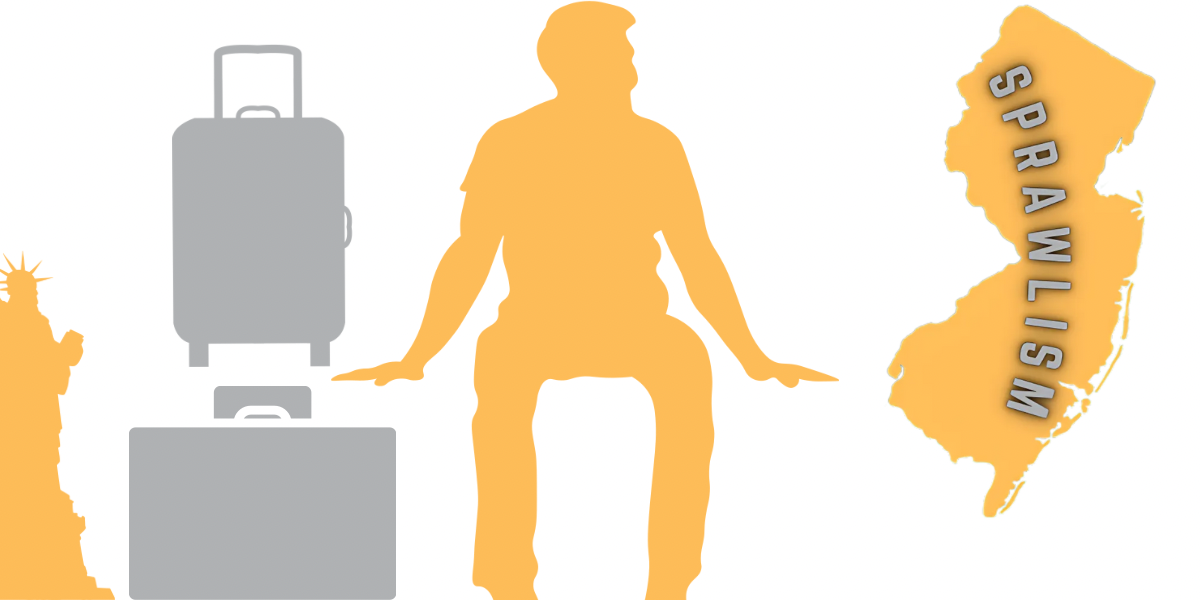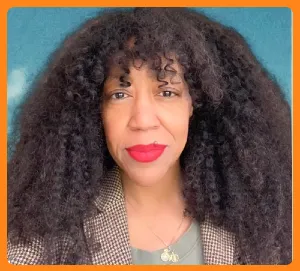Who am I?
Lark Lo Sontag
(I go by Lo)
Feminist Urban Theorist • Founder of Sprawlism • Urban Criticism • Social Ecologist
As a feminist urbanist, I challenge the patriarchal and white-hegemonic structures of urban spaces. Centering intersectionality, socioeconomic class, and the climate crisis, I work for cities that serve everyone—transgender, Black, Latine, disabled, working-class, multigenerational communities—and nature. The environment isn't an amenity; it's our foundation.
My Journey
Raised in Los Angeles within a vibrant feminist ecosystem (artists, journalists, policymakers), I developed my voice despite pressure to "stay quiet and stay in my lane." I’ve never accepted being scenery—feminism demands we step forward, not self-sacrifice.
My career has faced violent opposition, including a 5-year stalking ordeal requiring name changes and relocations. Yet, the 2017 Women’s March (LA’s 750,000-strong protest) galvanized me.
Moving to New Jersey in 2018 revealed stark contrasts. While seeking feminist collaborators, I witnessed overt misogyny:
A sexualized, exploitative logo at "Dairy Air(e)" ice cream parlor sparked aggressive backlash against critic Amy Tingle (Creative Caravan gallery), forcing her out of Montclair.
Attempts to launch feminist groups were met with: "We don’t do that here" or redirected to biologically essentialist "women’s groups."
Professional women with Ivy League degrees were trapped in unpaid care work and unfulfilling marriages.
Blatant workplace sexism ("Why hire women we can’t have sex with?") and pervasive misogynoir targeted Black women.
This clarified my core principles:
- We can’t do this alone, any of this, solidarity is essential.
- We have abundance in the collective.
- Feminism is a lens that can shape the practice of liberation.
- Pluralism is important. Feminism and urbanism must be multicultural, include disabled feminists, multiethnic, gender diverse, age diverse, and accessible across all socioeconomic classes.
- Urbanism, when done correctly, is the power of the we.
- The question which is more important, sexism or racism, is the wrong question.
Why "Space is a Means of Production"
New Jersey’s challenges birthed a solution: a media platform to democratize feminist urban theory. We bring academia into bike lanes, bus stops, and town halls—making urban justice accessible and actionable.
My credentials
MPA (Urban Planning & Urban Economics) & MA Human Development Alumna: Mount St. Mary’s University, The New School, Claremont
Fellowships: Lincoln Institute, The New School, Next City Vanguard (2025), Participatory Budget Project (2025), Third World Newsreel
Published In: LA Times, NextCity, LA Weekly, NJ.com
Current Role: Professor, Essex County College & editor of Sprawlism
My LinkedIn, here, ask to connect to see.



